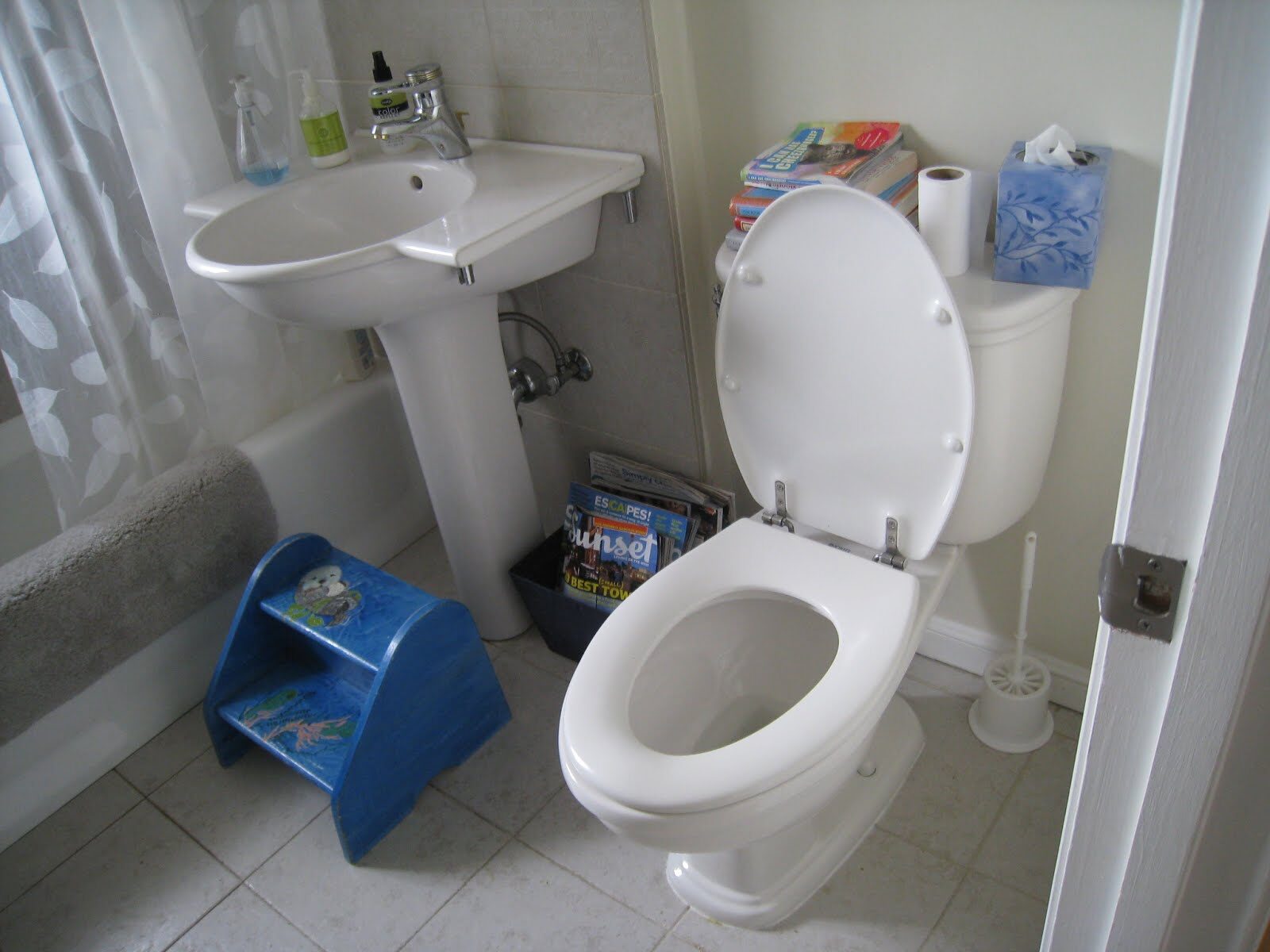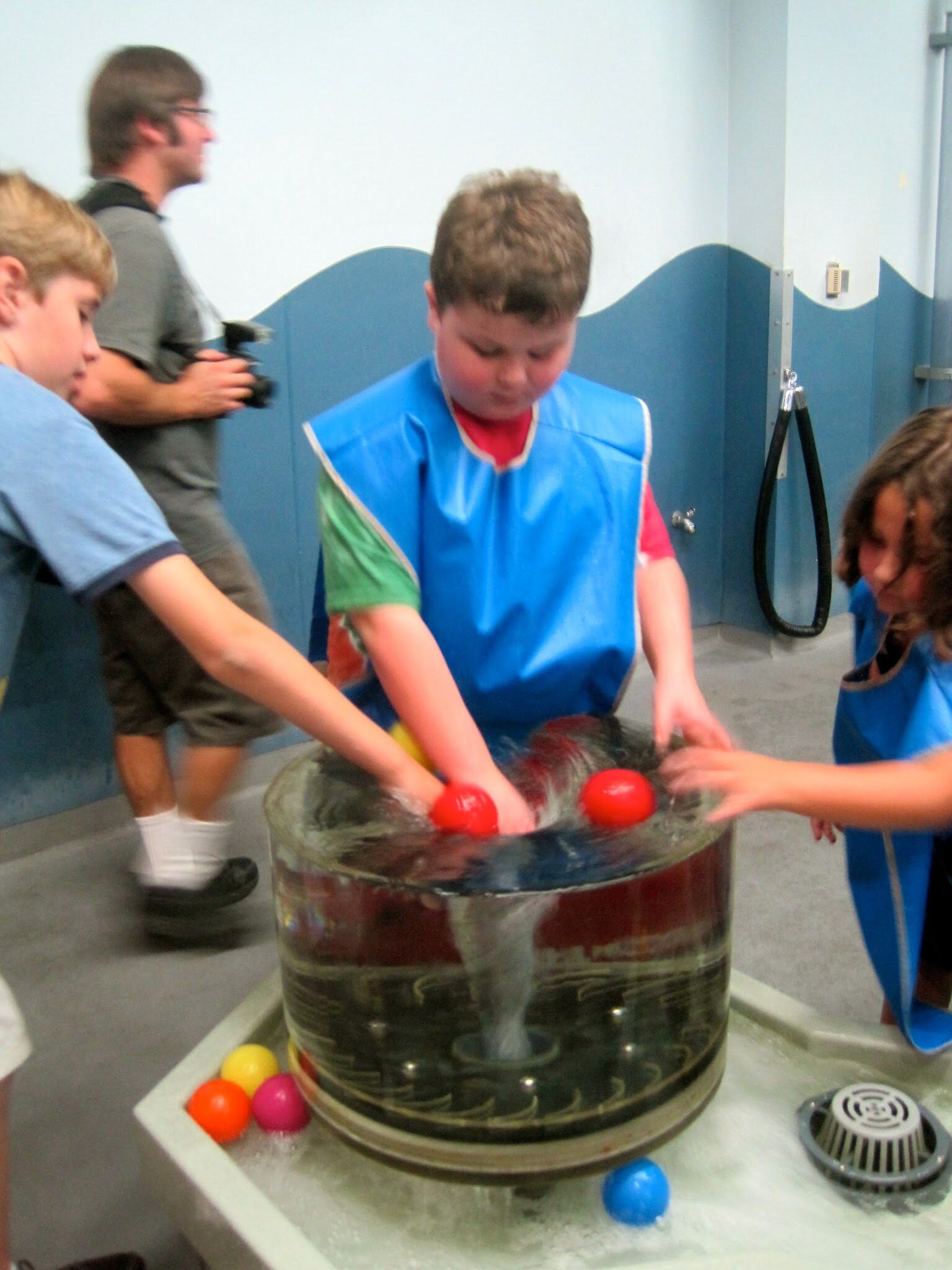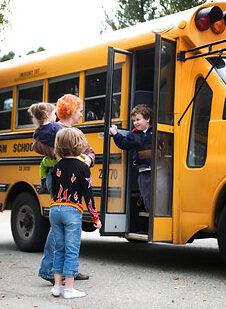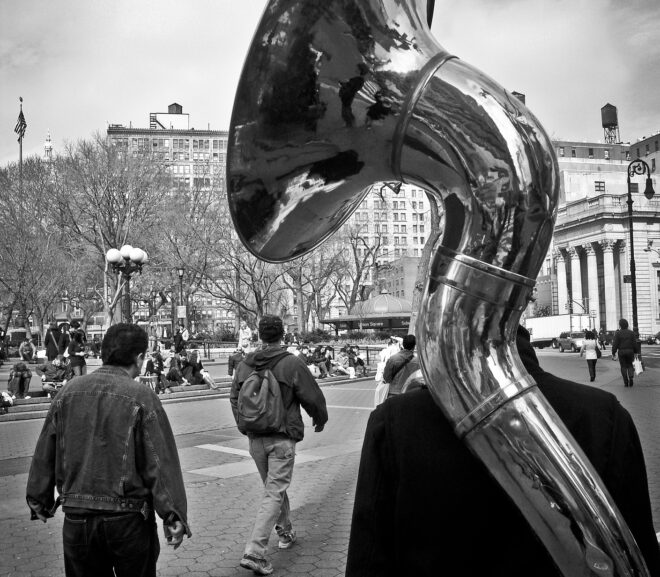Tony and Mary Brandenburg theebrandenburgs.blogspot.com Taking a shower feels like needles stabbing my head! The sound of that fan is making my ears hurt. I feel like I’m suffocating when you hug me. Image source: TVTropes.com Maurice Sendak, who wrote and illustrated Where the Wild Things Are, was amazingly astute in his observation of children for a person who had none of his own. During his acceptance speech for the Caldecott Medal in 1964 Sendak stated that: “… from their earliest years children live on familiar terms with disrupting emotions, fear and anxiety are an intrinsic part of their everyday lives, they continually cope with frustrations as best they can. And it is through fantasy that children achieve catharsis. It is the best means they have for taming Wild Things.” When an outsider is simply observing a child’s public behavior — especially the challenging ones — it may be difficult…
Tag: Disability
Have you ever been in a customer service situation in which your or your child’s need for accommodation was either ignored or dismissed? We suspect Jaden’s story is far from uncommon. This needs to change. Jaden about.me/jaden.walker I have autism. Since my diagnosis at age 25 I’ve never been shy about this. After never understanding why I’ve had trouble with so many simple things my whole life, I absolutely love that I have the answer now. It’s been six years since my diagnosis, and it still blows my mind every day to realize it. I never use it as an excuse for bad behavior, but simply as an explanation if I need more time or help with something. Many years back, I signed up with AT&T for an iPhone. I do not use phones if I can avoid it. My girlfriend and I had a home phone if it was…
Shannon Des Roches Rosa www.squidalicious.com Most parents fret about their kids’ hygiene and how it is affected by factors like circumcision, tooth brushing, or toilet training. Said fretting escalates when the kids in question have a disability, but hygiene doesn’t have to be the skunk cabbage in the parenting bouquet — not if parents do their best to understand why hygiene can be complicated, take cues from self-advocates with insights parents and professionals cannot provide, encourage self-care, recognize that not all hygiene needs will be rooted in disability, and help make self-care part of a routine. Circumcision is a standby topic in parenting circles. Arguments both for and against the snip invoke culture, religion, sensation retention, or wanting Daddy to have a penis twin. But few mention the possibility of conditions like cerebral palsy or the fine motor challenges that often accompany autism, and how those affect uncircumcised penis care.…
Shannon Des Roches Rosa www.squidalicious.com Parallel exploration is a very reasonable and comforting way to socialize We’re not a family that stays home. We’re a family of excursioners. Still, there are places my eleven-year-old son adores yet which we avoid completely, because our usual techniques of “go early or go off season” can’t guarantee him a good time. One of those local places is the sensory and exploration wonderland known as the Children’s Discovery Museum of San Jose — there is no time in which it is not thronging with tiny shrieking moppets, and kids Leo’s age are generally perceived as Too Big. Which is why I am so glad the CDM recently held their second after-hours Play Your Way event — essentially a private party for Leo and his crew. As my co-editor Jen Myers wrote about the evening at Dandelion: “It is an almost obstacle-free evening…
Shannon Des Roches Rosa www.squidalicious.com What I want people to know—and why I write—about parenting my autistic son Photo © Jonathan Mandel [image: A white mother with orange hair holds a toddler on her hip while standing with a young child, as a third child emerges, smiling, from a school bus.] When I realized my middle child was autistic and therefore disabled, I had a visual epiphany similar to the wide-eyed new parent who suddenly sees babies everywhere—except I saw short buses. Short buses. The kind of yellow schoolbuses that take kids like my autistic son to and from school every day. They’re everywhere, and if you don’t believe me, take a tally the next time you drive around any reasonably-sized town. Then think about all the kids who must be riding on those buses, and those kids’ parents and families. Think about all the kids who used to…
Kate We are scarred, we adults on the spectrum. We are scarred, both inside and out. Our lives are twisted paths littered with diagnoses. We have fought for years to get to where we are now, and still it isn’t good enough. We are scarred. We went to schools where there was no help. Sometimes we were shunted into special education rooms, or to the behavior-problems division. There we were taught that we were ‘stupid,’ ‘retarded,’ that we would never amount to anything. We were accused of cheating when we read so well but couldn’t write an essay, drew complex diagrams yet failed math. We were denied entry into higher-level classes because we didn’t appear to be smart or participating in class, and our minds thirsted in vain for more knowledge. We went to therapies, all sorts of therapies. Look at this ink blot, what do you see? I see…
Amanda Forest Vivian adeepercountry.blogspot.com I was born in 1988 to a rich white family on the East Coast of the United States of America. For those keeping track, I was diagnosed with PDD-NOS when I was nine and Asperger’s when I was fourteen — but all that really tells you about me is that I was born in 1988 to a rich white family on the East Coast of the United States of America. By the time I was 18, I had been undiagnosed many times by people both qualified and unqualified to do so; and after a brief flirtation with Autistic culture I soon succumbed to the implications of the types of praise and encouragement young disabled people often receive. When we succeed we’re told that we’re not really disabled or that we’re different from other disabled people. The idea of being a real average disabled person becomes unacceptable.…
I started playing tuba at twelve, but passing for non-autistic is my longest running show. It takes more practice to fake facial expressions than make a forty-pound horn play sixteenth notes.
Lydia Brown autistichoya.blogspot.com It’s everywhere. “Autism isn’t mental illness. We’re not like those people.” “It wasn’t an autistic person who would commit mass murder. Only people with actual mental illness, like psychopaths or schizophrenics do that kind of thing.” “Those ideas are insane!” “Autism Speaks’s idea of representing Autistic people is absolutely crazy.” “People who want to give their kids bleach enemas are just nuts. Their ideas are nuts.” It comes not merely from Autistics and non-Autistic parents and professionals and researchers but also from Autistics and non-Autistic parents and professionals and researchers who are disability rights advocates and activists. Take the humble pill, recognize your own strands of ableism, and stop using the ableist language. It is not okay to refer to ideas and people with whom you disagree as ‘insane’ or ‘crazy’ or ‘nuts’ or ‘loony,’ because those are hateful and hurtful words just as much as the…
Michael Scott Monje Jr. mmonjejr.blogspot.com Think Inclusive had a very interesting guest blog about passing, the pressure to do so, and the choice not to last week. I loved it. It was exactly as confrontational as it needed to be, refusing to pull punches about important issues. Around the same time I found that, I also ran across Stuart Duncan’s post, where he talks about the issues revolving around “getting fixed” by therapists. As I considered the points being made in both posts, something started to eat at me, and I didn’t quite know what my problem was, at least not until I found this article over on Brenda Rothman’s Mama Be Good on how the autism narrative gets framed. Then it all fell into place. Rather than rehashing her argument, I’d like you to just go read it. Go ahead. It doesn’t take long. Okay. Now, here’s the thing:…




